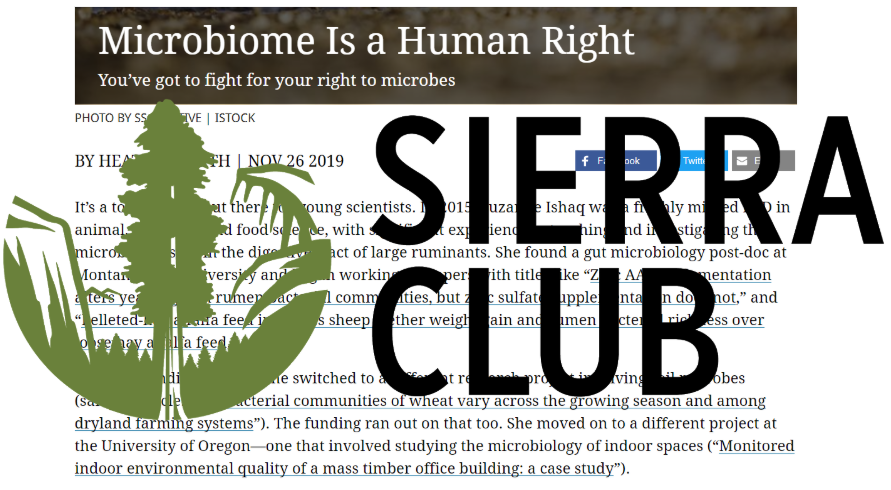For this week’s meeting, we hosted Michelle Jewell, Chief Science Communicator for the Department of Applied Ecology, to talk with us about how being an institutional science communicator works, and what led her to down the path of being a university science scribe.
However, before Michelle began her presentation we started with a game. Today, we used the game as an opportunity to learn more about the difference between institutional writing– writing for a university, corporate entity, non-profit, etc.– and journalism– writing as an independent communicator for a newspaper or magazine. For the game, Bradley presented the group with a series of slides with the heading and sub-heading for a variety of science stories. Group members had to guess whether the heading was institutional communication or journalism. The game started easy but got harder and by the end the distinction had become pretty ambiguous, when the PowerPoint showed headings from Science Daily, a media outlet that publishes press releases from institutions. Learning more about the difference between these kinds of writing is important because institutions and journalists have different priorities. Institutions inherently want to support the scientists and the image of their institution, whereas journalists want to bring their readers stories that they think are engaging and important. This doesn’t mean either type of communication is inherently better or worse, but it does mean that you should understand these priorities when you’re interpreting the work they produce.

After the game, Michelle led us in an exploration of her life as a science communicator for NC State. To do so, Michelle creatively decided to just show the group the emails she had gotten in the past week, to show what a day in the life of a science communicator looks like. She showed us the articles she was working on, the people she was hoping to feature in upcoming communications, who she works with and reports to, and what her science communication “output” looks like in a typical week. It was a really helpful presentation and the group was keen to learn about all how Michelle got to where she is today, considering she was a researcher that studied sharks in a past life!
